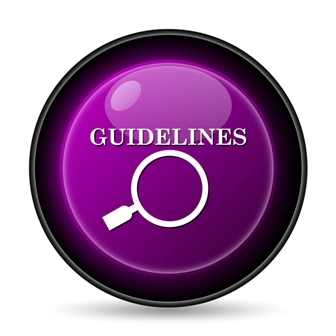Understand How Fraud and Abuse Are Different

Hint: ‘Gang visits’ aren’t what you think. You may think that CMS is easing up on compliance with its policy rollback renaissance over the last year. But federal enforcement activity indicates that Medicare fraudsters and abusers remain hot targets — and that’s why you need to know the essentials to stay compliant. What Constitutes Medicare Fraud? Though we often throw fraud and abuse into the same category, they are different. “Fraud occurs when someone intentionally falsifies information in an effort to deceive Medicare,” explains Gail O’Leary, consultant with Part B Medicare Administrative Contractor (MAC) NGS Medicare in last month’s webinar, “Medicare Fraud and Abuse.” When a provider bills for a service he never performed or certifies that care is medically necessary — when it’s not — that’s fraud. This kind of bucking the system is purposeful and done with the full intent and knowledge of the perpetrator. However, it’s important to remember that not all fraudsters are clinicians. Patients, staff members, and business partners defraud Medicare, too. “Fraud schemes range from solo ventures to broad-based operations by an institution or a group,” says O’Leary. “Even organized crime has infiltrated the Medicare program and masqueraded as Medicare providers and suppliers.” Fraud varieties: There are several types of fraud that the feds look for that go beyond lying about medical necessity or billing for care that was never rendered. Those include the following examples from the NGS materials: Gang visits: Medicare fraud often involves taking advantage of the nation’s most vulnerable populations, and that’s where “gang visits” come in. “Providers visit a nursing home and bill for services as if they provided them for a majority of the residents when they really didn’t — or perform a service regardless of whether or not the resident needed it. That’s what they’re talking about when they say ‘gang visits,’” explains O’Leary. Here’s How Abuse Is Different Than Fraud Abuse varies from fraud and deals more heavily with the coding and billing side of Medicare. Abusers try to get around the claims rules, and whether they intend to, impact improper payments and the costs of services under Medicare. Important: You may not think Medicare abuse is as serious as Medicare fraud, but “inappropriate practices that begin as abuse can quickly evolve into fraud,” O’Leary warns. Top abuse scenarios, according to NGS, include: Example: Unbundling is a real problem for CMS and is something the MACs are on the lookout for, O’Leary suggests. Unbundling “occurs when a provider submits separate bills for lab services that combine three to four tests, which are intended to be billed as one service,” she says. As a result of those separated bills, “Medicare pays more for each service than if that service were billed as a group [as it was meant to be]. That is unbundling,” O’Leary adds. Resource: Review more CMS guidance on fraud and abuse at www.cms.gov/Outreach-and-Education/Medicare-Learning-Network-MLN/MLNProducts/Downloads/Fraud-Abuse-MLN4649244.pdf.




